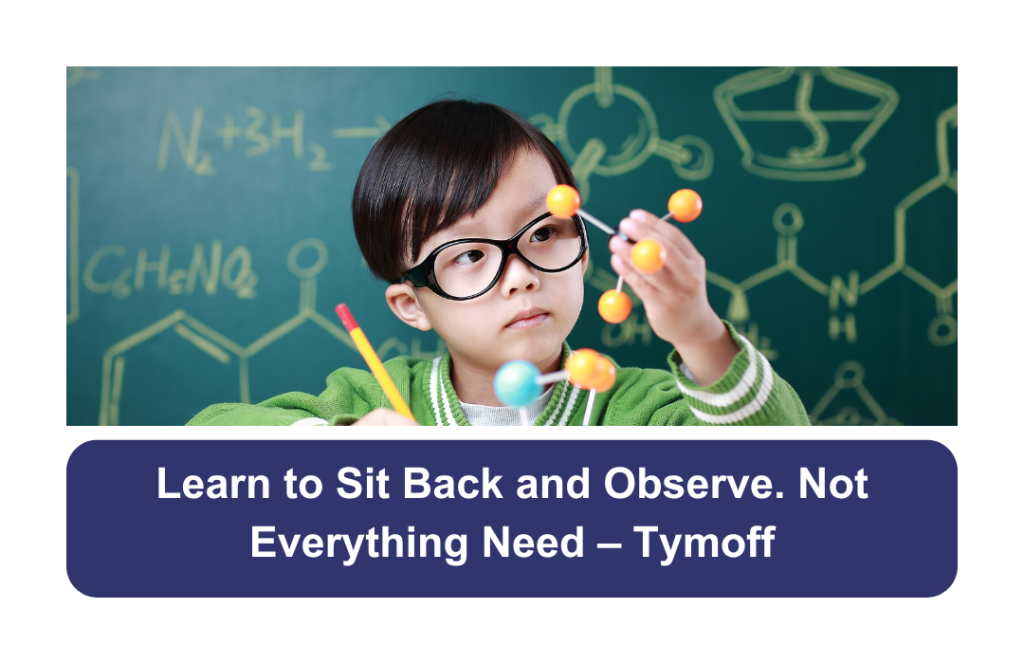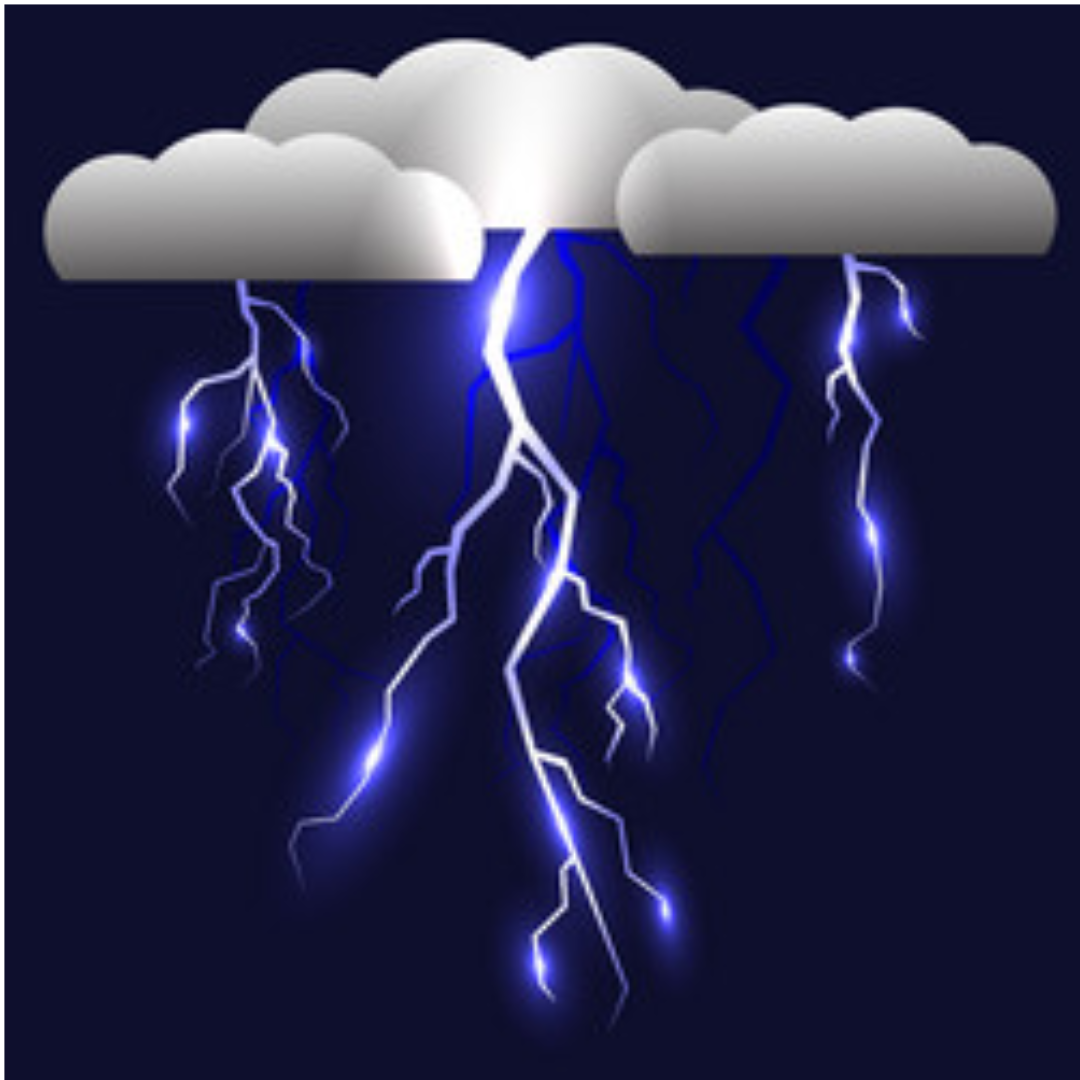Table of Contents
Introduction
Learn to sit back and observe. not everything need – tymoff
In a world that constantly urges us to act and react, the art of sitting back and observing is often overlooked. This skill, however, can lead to profound personal and professional growth. By taking a step back and observing, we allow ourselves the space to understand situations more deeply, make informed decisions, and cultivate inner peace. This article delves into the significance of observation over immediate action and how adopting this practice can transform your life.
The Power of Observation

Understanding Observation
“Learn to sit back and observe. not everything need – tymoff” Observation is more than just seeing; it involves perceiving and understanding the nuances of a situation. By keenly observing our surroundings, we gather valuable information that can guide our actions and decisions.
Benefits of Being Observant
Being observant enhances our ability to notice details, understand complex scenarios, and respond appropriately. It improves our focus, sharpens our perception, and allows us to learn from our environment without the need for constant action. “Learn to sit back and observe. not everything need – tymoff”
Why Not Everything Needs Action

The Downside of Immediate Reactions
Immediate reactions can often lead to impulsive decisions that may not be well thought out. Acting without proper observation can result in misunderstandings and mistakes.
Scenarios Where Inaction is Beneficial
In many situations, especially those involving conflict or uncertainty, taking a step back to observe can provide clarity. Inaction allows us to assess all variables and make more informed choices.
Psychological Benefits of Observation
Stress Reduction
Observing rather than reacting helps in reducing stress. It allows time to process emotions and thoughts, leading to calmer and more composed responses.
Enhanced Decision Making
With a comprehensive understanding of a situation through observation, decision-making becomes more strategic and effective. This leads to better outcomes and fewer regrets.
How to Cultivate Observational Skills
Mindfulness Practices
Mindfulness practices, such as meditation, help in developing the skill of observation. They train the mind to stay present and notice details without immediate judgment.
Active Listening
Active listening involves fully focusing, understanding, and responding thoughtfully to what others are saying. This practice improves interpersonal communication and enhances observational skills.
Observation in Professional Settings
Workplace Dynamics
Understanding workplace dynamics through observation helps in navigating office politics, identifying opportunities for collaboration, and recognizing the strengths and weaknesses of team members. “Learn to sit back and observe. not everything need – tymoff”
Leadership and Management
Leaders who observe before acting are often more effective. They understand their team’s needs and dynamics better, leading to more informed and empathetic leadership. “Learn to sit back and observe. not everything need – tymoff”
Personal Growth Through Observation
Self-Awareness
Observation leads to greater self-awareness. By reflecting on our actions and behaviors, we can understand our motivations and areas for improvement. “Learn to sit back and observe. not everything need – tymoff”
Improved Relationships
Observing others helps in understanding their perspectives and emotions, leading to more meaningful and empathetic relationships. “Learn to sit back and observe. not everything need – tymoff”
Overcoming the Urge to React
Recognizing Triggers
Identifying what triggers our urge to react is the first step in overcoming it. By understanding these triggers, we can develop strategies to manage them. “Learn to sit back and observe. not everything need – tymoff”
Developing Patience
Patience is a virtue that can be cultivated through practice. By consciously choosing to observe rather than react, we can develop greater patience and emotional resilience. “Learn to sit back and observe. not everything need – tymoff”
Observation in Conflict Resolution
Mediation Techniques
Observation is crucial in conflict resolution. Mediators observe the behavior, emotions, and words of the parties involved to understand the root cause of the conflict and facilitate a resolution. “Learn to sit back and observe. not everything need – tymoff”
Understanding Perspectives
By observing and understanding different perspectives, we can approach conflicts with empathy and work towards solutions that are acceptable to all parties involved. “Learn to sit back and observe. not everything need – tymoff”
The Role of Observation in Creativity
Inspiration from Observation
Many creative ideas come from observing the world around us. By noticing details, patterns, and unique elements, we can find inspiration for our creative endeavors. “Learn to sit back and observe. not everything need – tymoff”
Enhancing Creative Processes
Observation enhances creativity by providing a rich source of material to draw from. It encourages thinking outside the box and seeing things from different angles. “Learn to sit back and observe. not everything need – tymoff”
Incorporating mindfulness into daily routines, such as mindful eating or walking, helps in developing a habit of observation. These practices encourage us to pay attention to our surroundings and experiences.
Observation and Emotional Intelligence
Empathy Development
Observation is key to developing empathy. By paying attention to others’ emotions and behaviors, we can better understand and relate to their experiences. “Learn to sit back and observe. not everything need – tymoff”
Social Awareness
Social awareness, a component of emotional intelligence, is enhanced through observation. It involves understanding social dynamics and recognizing the needs and feelings of others. “Learn to sit back and observe. not everything need – tymoff”
Learning from Nature
Observing Natural Processes
Nature offers countless lessons if we take the time to observe. Watching natural processes like the changing seasons or animal behavior can teach us about patience, resilience, and adaptation.
Lessons from Wildlife
Wildlife observation provides insights into survival strategies, social structures, and the balance of ecosystems. These lessons can be applied to our own lives and interactions. “Learn to sit back and observe. not everything need – tymoff”
Historical Perspectives on Observation
Philosophical Insights
Great thinkers throughout history have emphasized the importance of observation. Philosophers like Aristotle and Confucius advocated for learning through observation and reflection. “Learn to sit back and observe. not everything need – tymoff”
Observational Practices of Great Thinkers
Historical figures such as Leonardo da Vinci and Charles Darwin relied heavily on observation to make their groundbreaking discoveries and contributions to knowledge. “Learn to sit back and observe. not everything need – tymoff”
Practical Tips for Effective Observation
Journaling Observations
Keeping a journal of daily observations can help in honing this skill. Writing down what you notice encourages deeper reflection and understanding.
Structured Reflection Time
Setting aside time each day for structured reflection allows for deliberate observation and contemplation. This practice helps in gaining insights and improving decision-making.
The Balance Between Action and Observation
When to Act
Knowing when to act is as important as knowing when to observe. Immediate action is necessary in situations requiring urgent responses, such as emergencies or opportunities.
When to Observe
Observation is crucial in situations involving complexity, uncertainty, or potential conflict. Taking the time to observe can lead to more effective and thoughtful actions.
Challenges in Developing Observational Skills
Common Pitfalls
Common pitfalls in developing observational skills include distractions, biases, and a tendency to jump to conclusions. Recognizing and addressing these pitfalls is essential.
Overcoming Obstacles
Overcoming obstacles to effective observation involves practice, patience, and a commitment to mindfulness. Techniques like regular meditation and journaling can help.
Case Studies: Success Through Observation
Real-Life Examples
Case studies of individuals and organizations that have achieved success through observation highlight the practical benefits of this skill. These examples provide inspiration and actionable insights.
Lessons Learned
Analyzing the lessons learned from these case studies can guide our own practice of observation and help us apply these principles in our personal and professional lives.
Incorporating Observation into Daily Life
Habit Formation
Forming the habit of observation involves consistent practice and mindfulness. Simple daily practices like taking a few moments to observe your surroundings can make a big difference.
Consistency and Practice
Consistency is key in developing any skill, including observation. Regular practice, even in small amounts, leads to significant improvements over time.
The Future of Observation Skills
Technological Aids
Technological advancements offer new tools for enhancing observational skills. Apps and devices designed for mindfulness and observation can support our practice.
Evolution of Observational Practices
As our world evolves, so do our observational practices. Adapting to new environments and technologies will be essential in maintaining and improving this vital skill.
FAQs About Observation and Inaction
How can I start practicing observation?
Begin by setting aside time each day to quietly observe your surroundings, journal your observations, and practice mindfulness techniques like meditation.
What are the benefits of observing rather than acting?
Observing allows for better understanding, reduces impulsive decisions, enhances patience, and leads to more thoughtful and effective actions.
How does observation improve decision-making?
By gathering detailed information and understanding all aspects of a situation, observation leads to more informed and strategic decisions.
Can observation help in conflict resolution?
Yes, observation helps in understanding different perspectives, identifying root causes of conflicts, and facilitating empathetic and effective resolutions.
What role does observation play in creativity?
Observation provides inspiration, helps in noticing unique details, and encourages thinking outside the box, all of which enhance creativity.
How can mindfulness improve observational skills?
Mindfulness practices train the mind to stay present, notice details, and observe without immediate judgment, thereby improving observational skills.
Conclusion
Learning to sit back and observe is a powerful skill that can transform your life. It leads to better decision-making, reduces stress, and enhances personal and professional growth. By cultivating observational skills, you can navigate complex situations with greater ease, build stronger relationships, and tap into your creative potential. Embrace the art of observation and discover the profound impact it can have on your life.











